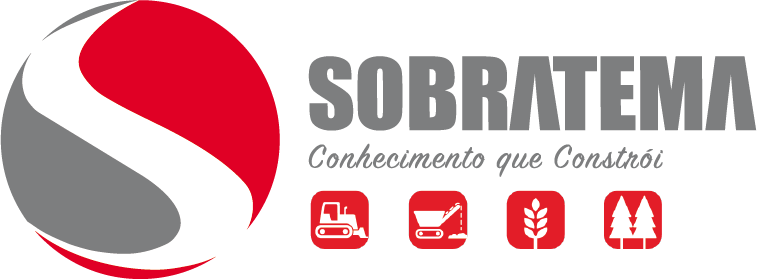Publicado em 16 de abril de 2014
Sobratema Workshop 2014 emphasizes the contribution of risk management to increase productivity in the field
The event had a public that included engineers, businessmen, managers, technicians and professionals of the areas of insurance, equipment, construction and engineering.
An effective management of risks contributes strongly to increase productivity in worksites, to optimize processes and to obtain advantages related to costs and deadlines. Consequently, contractors’ competitiveness is also increased. This was one of the main conclusions of the Sobratema Workshop, carried out in April 8 in São Paulo with engineers, businessmen, managers, technicians and professionals of insurance, construction and engineering.
In addition, risk management also helps to preview the main challenges to be faced in each work in terms of safety, environment and logistics. This ensures the definition of the most appropriate strategy to get quick solution of the problem, better control of the situation and higher level of operational and business safety. “Other benefits that may be remembered are higher accuracy in decision and planning processes and more efficiency in the use of available resources”, says Carlos Marini, Planning and Control Manager of Galvão Engenharia.
Among the main operating risks are those related to contracts, technical subjects, people management, stakeholders, QHES - quality, health, environment and safety (in Portuguese, QSMS) and joint ventures. This list is based on a survey carried out in more than 50 infrastructure contracts that included roads, railways, dams, buildings, sanitation and urbanization, performed in accordance with the Act 8.666/93. “Contract risks are about 40 percent of all risks listed in the study”, highlights Marini. One of the reasons for the high percent of this kind of risk is related to contract unbalance—that occurs when the variation of values of raw materials and services is higher than contract adjustments—and to changes in the scope of basic and executive design.
During his presentation, Marini still detailed other risks identified in the survey and presented an example of risk matrix for management support. In addition, he recommended the creation of a specific area or committee for risk management—involving the board of directors—and the use of specific methodologies and tools.
In the next presentation, Carlos Almeida, director of Universal RE Seguros, emphasized the importance of professional management of risks, with appropriate methodologies and qualified personnel. “Otherwise the contractor may have losses”, says him. “The client owns the risk. The role of the broker is to help the client in transferring the risk”.
Almeida also pointed that the company has to understand what means to transfer the risk to an insurance company. “It is necessary to be professional in this risk transferring process because the client may not receive what he was expecting”, said him. Another important item of this process is a correct and comprehensive text of the contract.
The last lecture of the Sobratema Workshop was carried out by Cosmo Palasio Jr, state director of the SINTESP – Sindicato dos Técnicos de Segurança do Trabalho no Estado de São Paulo (Union of State Safety Technicians), that highlighted the necessity of a change in the culture related to work safety in construction. “We are dealing with human lives; therefore there is no more space for fatality. We must have a modern understanding if we want to be a modern country”, stated him.
According to Palasio Jr., companies have to show care with health and human life in their management. “Today, a work accident has a strong repercussion in the newspapers and causes an increase of third-part claims related to social security and indemnifications as result of decisions of the Labor Public Prosecution Service and of more assertive actions of the unions”, explained him.
Other point highlighted by Palásio Jr. was the question related to acts and standards, which currently are more traceable. “With the existing standards it is easier to establish the causes of an accident and, consequently, the associated responsibilities”, ended him.
Environment and Logistics
The first part of the Sobratema Workshop included two lectures. The first one was presented by Fernando Kertzman, CEO of Geotec Consultoria Ambiental, who showed the importance of including environmental variables in the design. He also explained the differences between previous, installation and operation licenses, showed some of the most frequent environmental risks and presented information about the benefits of a good management of environmental risks for the contractor.
The second lecture was presented by Helio Flavio Vieira, professor of FURB – Fundação Universidade Regional de Blumenau, who pointed out the importance of logistic planning in civil construction. He presented the benefits that logistics offers for this industry and how it may be a competitive differential for the companies.
At the end, all lecturers took part in a debate coordinated by Eurimilson Daniel, vice-president of Sobratema.
Av. Francisco Matarazzo, 404 Cj. 701/703 Água Branca - CEP 05001-000 São Paulo/SP
Telefone (11) 3662-4159
© Sobratema. A reprodução do conteúdo total ou parcial é autorizada, desde que citada a fonte. Política de privacidade


